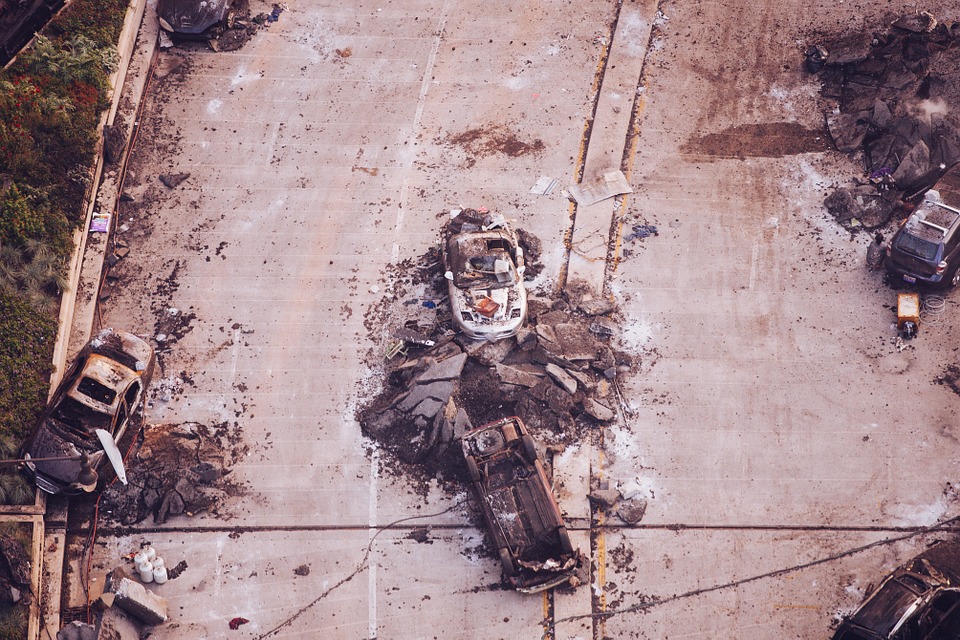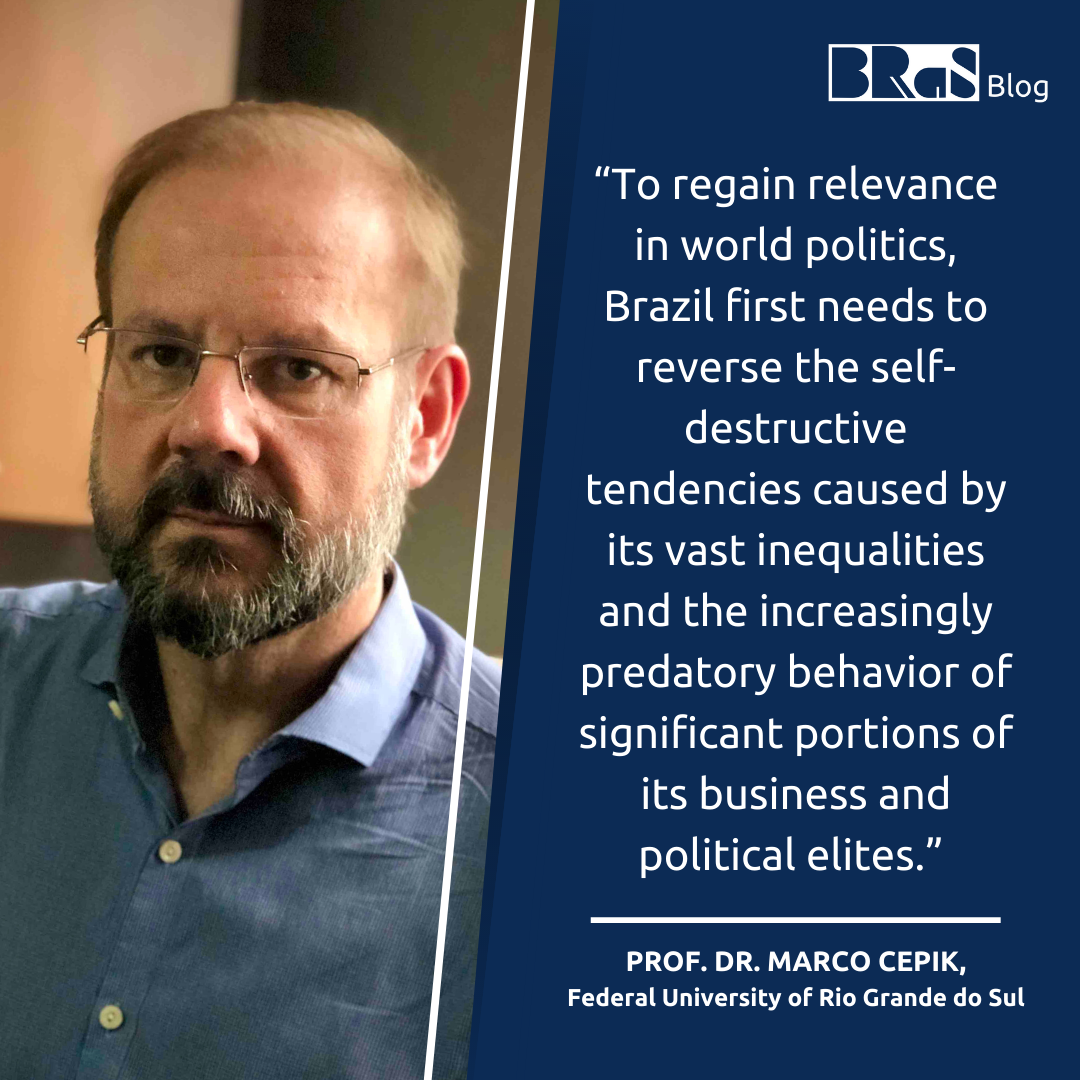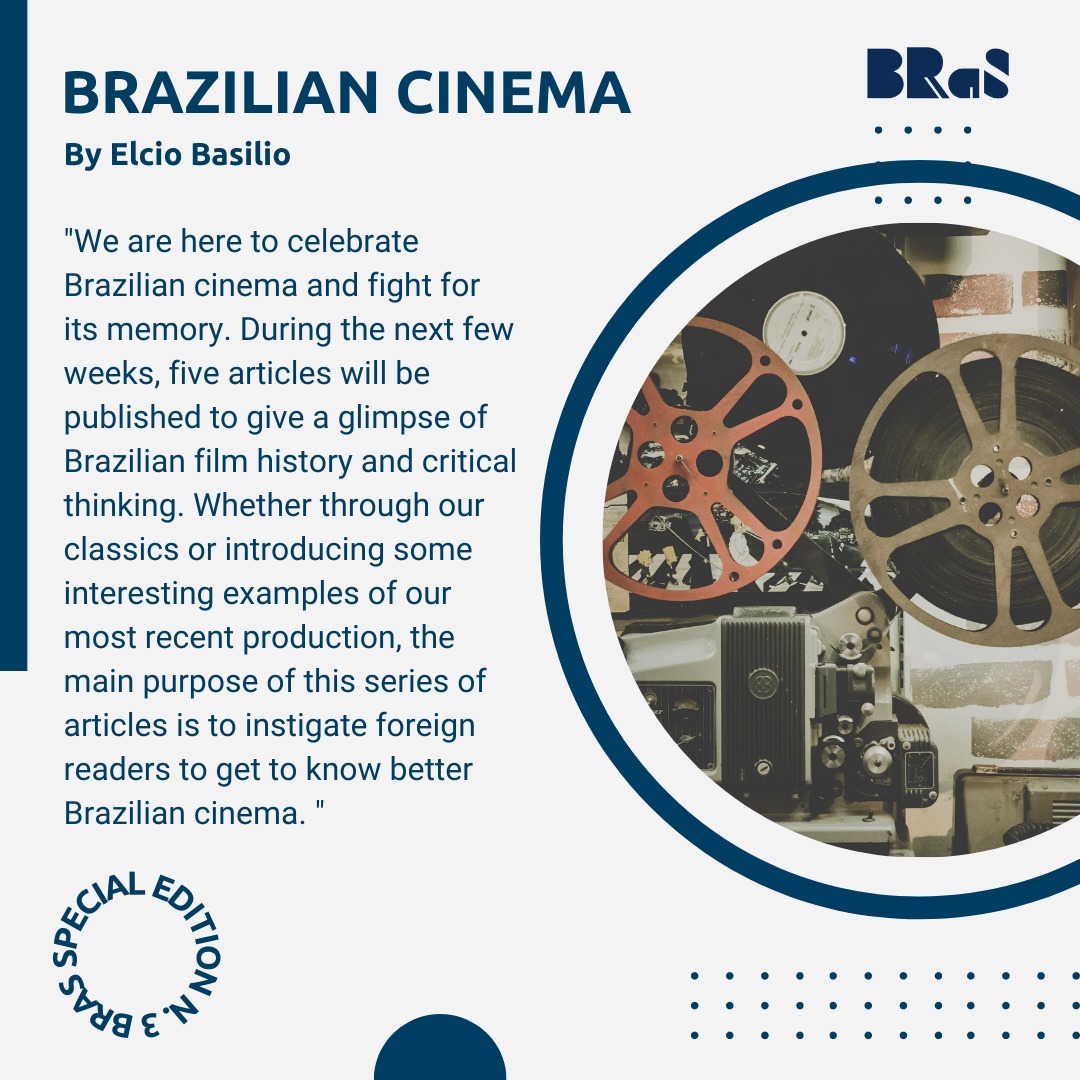by Silvia Helena Flamini*, Maria Zanin**, and Liane Biehl Printes***.
Translated and reviewed by Matheus Lucas Hebling
Brazil is deeply characterized by inequality and exclusion of social segments and not only concerning economic conditions or access to fundamental rights such as health, work, and education. Our country, for centuries, has placed citizens on the sidelines of the techno-scientific development processes as well as decision-making socio-political processes. Given this scenario, there was a need to formulate public policies capable of creating opportunities for these excluded social segments. An example, in this regard, is the selective collection of recyclable waste programs that, in partnership with waste pickers, are consolidated in the country as an example of public policy on solid waste, promoting inclusion and social valorization with job and income generation for the formal recycling chain.
Currently, experiments are being developed on the management of recyclable solid waste in federal institutions of higher education in Brazil, considered generators of this waste, which must comply with Federal Decree No. 5.940 of 2006. It is a decree that institutes separation and destination of recyclable solid waste, generated by federal public agencies, to cooperatives or associations of collectors and collectors, a practice known as solidary selective collection, supported by other public policies, such as the National Solid Waste Policy (PNRS – Law No. 12,305 of the year of 2010). This policy was a legal framework of global inspiration, in addition to encouraging action in partnership with these cooperatives, also provides for integrated management considering the political, socioeconomic, environmental, and cultural fields, encouraging Environmental Education, the development of Science and Technology. Thus, both Federal Decree No. 5940/06 and Law No. 12,305/10 bring into prominence aspects that are intertwined and demanded by the theme of solid waste.
In this way, the solidary selective waste collection is configured as a public policy for inclusion, participation, socio-environmental valuation in a link between university and society, in addition to being an instrument to promote the local urban economy. Furthermore, it can also be a proposal for the development of actions in the field of knowledge production, human training, and techno-scientific innovation, since Science and Technology are practically indistinguishable fields that, coexisting with other types of knowledge, permeate the process of socio-environmental construction. Solidarity selective waste collection is, therefore, an area of action that inherently encompasses inter, multi, and transdisciplinarity characterized by a diversity of relationships and objects, bringing at its core the call to propose new perspectives on politics, environment, and society.
Still, on this path, it is a practice that, by demanding a network of actions for its implementation to be composed of different social groups (students, federal servants, and service providers, including partner cooperatives), invites reflection on genuine socio-environmental participation and social control. An exercise for citizenship, the guarantee of rights, and social inclusion is also an opportunity to deepen questions about the current production of knowledge, goods, and services in the mold of capitalism: a pattern that encourages the appropriation of knowledge and results in exclusion and inequality. Therefore, the solidary selective collection is one of the doors that give access to the study and understanding of local socio-environmental problems, while it has the potential to question the cognitive policy adopted by public institutions of higher education in Brazil, to overcome one exclusionary model to another more inclusive based on the public commitment to produce knowledge, goods, and services, aimed at the Brazilian scenario, incorporating values, interests, demands, and perceptions of social groups regarding their realities and inducing a new pragmatism.
However, to become a fruitful space for engagement and social control, an active sociopolitical and scientific position is needed both from the academic and extra-academic community and from the university, in a process that guarantees genuine participation with prominent positions and speaking places in the taking of decision and implementation of actions. Collective construction of scientific-technological knowledge anchored, above all, on collectivity, plurality, and belonging as a synonym for providing quality public service. In this way, solidary selective collection can be the basis for the construction of a cognitive and political platform to be used strategically for the socio-environmental transformation of a given location, contributing to the social reconfiguration and remodeling of human behavior towards the environment and sociological categories, such as education, economy and scientific-technological development, to make them compatible with a socio-environmental and political standard demanded by contemporaneity.
Raising values such as participation, solidarity, and inclusion, linking to a new perspective on such complex socio-environmental issues is a more than necessary condition today. There is also a need to combine techno-scientific development with socio-environmental dimensions since the environment, science, technology, politics, and society are directly and critically interrelated.
Our current time calls for a break from the existing fragmentation in the scientific field and calls for the challenge of practicing the articulation and integration of knowledge, aiming to achieve the emancipation of knowledge while being grounded in more creative and humane ways of producing and disseminating such knowledge. And this also consists of the connection of solidary selective waste collection with the sociopolitical context that marks Brazil: a context that historically lacks positive changes in education, culture, work, and politics. Therefore, the practice shows itself as a possibility to transform paradigms while bringing academia and extra-academic contexts as well as society closer to science and technology; it contributes with the production of new knowledge, with the stimulus to the implementation of institutional programs, with the effective execution of public policies on the solid waste that are more humane and inclusive, slipping into the achievement of fair and egalitarian national levels, thus converging to a paradigmatic revolution.
The Solidarity Selective Collection is, therefore, a fertile ground for social and environmental interactions and the exchange between “popular” and “scientific” in an epistemological effervescence with the potential to foment such a revolution.
–
This text is based on the master’s research entitled “Solidarity Selective Collection Program at the University under the eyes of Science, Technology, and Society” developed in the Graduate Program in Science, Technology, and Society of the Federal University of São Carlos (UFSCar). In the methodological strategy adopted by the research, the social groups related to the actions of solidary selective collection of UFSCar participated, identifying the peculiarities of the place of study and the analysis of the institutional program, in addition to pointing out unfavorable aspects for the smooth running of programs and favorable for a later elaboration tool for analyzing and monitoring actions, through the presentation of basic sociotechnical artifacts built in communion with social perception and the research findings. This research was funded by the Coordination for the Improvement of Higher Education Personnel (CAPES) – Financing Code 001.
References
BRASIL. Decreto Lei nº 5940, de 25 de outubro de 2006. Institui a separação dos resíduos recicláveis descartados pelos órgãos e entidades da administração pública federal; e dá outras providências. Disponível em: http://www.planalto.gov.br/ccivil_03/_Ato2004-2006/2006/Decreto/D5940.htm. Acesso em 17.mar.2020.
BRASIL. Lei nº 12.305, de 02 de agosto de 2010. Institui a Política Nacional de Resíduos Sólidos; altera a Lei nº 9605, de 12 de fevereiro de 1998; e dá outras providências. Disponível em: http://www.planalto.gov.br/ccivil_03/_ato2007-2010/2010/lei/l12305.htm. Acesso em 17.mar.2020.
FLAMINI, S.H. Programa de Coleta Seletiva Solidária em Universidade sob o olhar da Ciência, Tecnologia e Sociedade. 2021. Dissertação (Mestrado em Ciência, Tecnologia e Sociedade), Centro de Educação e Ciências Humanas, Universidade Federal de São Carlos, São Carlos, 2021.
*Silvia Helena Flamini: Artisan, biologist and Master in Science, Technology and Society by the Federal University of São Carlos (UFSCar). Topics of interest: solid waste, environmental education, public policies, university extension.
**Maria Zanin: Electrical Engineer. Retired professor at the Federal University of São Carlos (UFSCar), currently senior professor at NUMI-Eco Sol/UFSCar (Integrated Multidisciplinary Center for Studies, Training and Intervention in Solidarity Economy) and at the Graduate Program in Science, Technology and Society at UFSCar.
***Liane Biehl Printes: Biologist at the Federal University of São Carlos (UFSCar), with a master’s and doctorate degree in the field of Ecology. It is assigned to the General Secretariat for Environmental Management and Sustainability (SGAS), heading the Department of Support for Environmental Education (DeAEA). She develops and coordinates Extension Activities aimed at University Environmentalization.
Printes, Silvia Helena Flamini, Maria Zanin and Liane Biehl. 2021. "Solidarity Selective Waste Collection in Brazil: field of epistemological and social interactions and contribution to a paradigmatic revolution". Brazilian Research and Studies Blog. ISSN 2701-4924. Vol. 2 Num. 2. Available at: https://www.bras-center.com/solidarity-selective-waste-collection-in-brazil-field-of-epistemological-and-social-interactions-and-contribution-to-a-paradigmatic-revolution/, accessed on: April 14, 2025.








